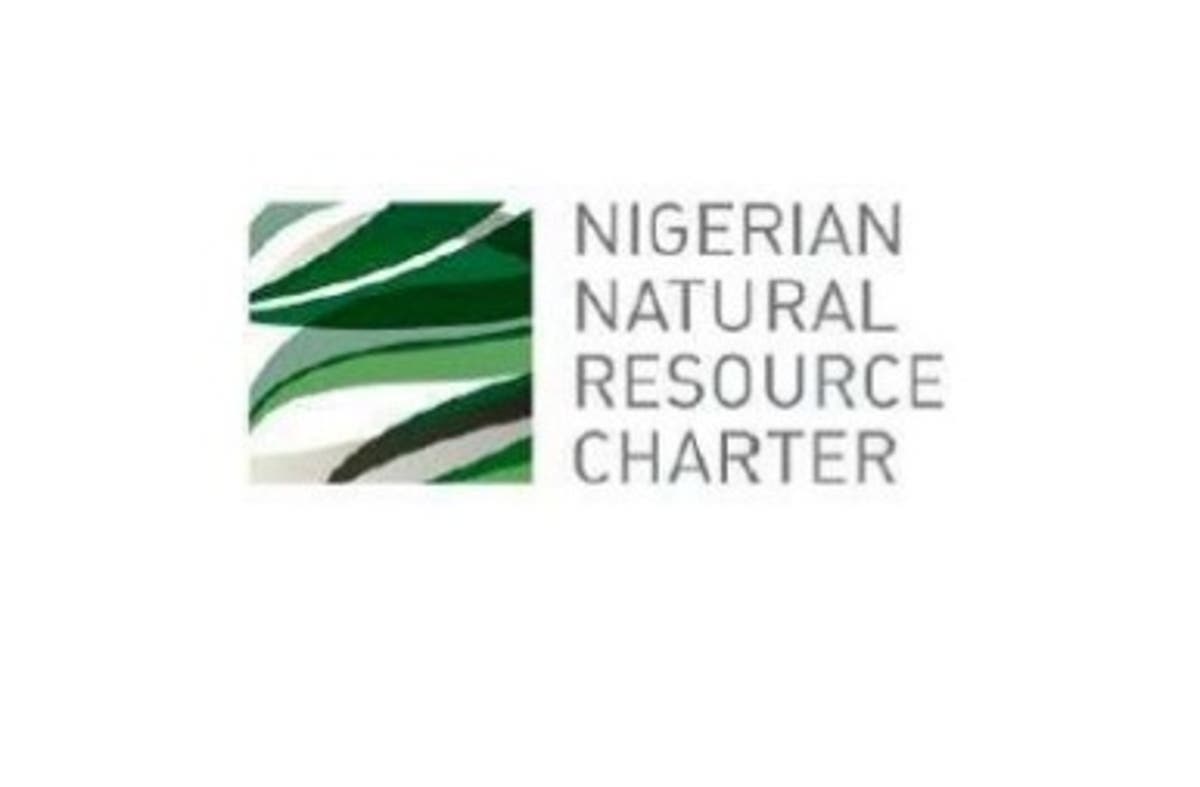The Nigeria National Resource Charter (NNRC) has commended recent efforts by the National Assembly toward ensuring the passage into law of the protracted Petroleum Industry Bill (PIB).
The NNRC, a non-profit policy institute that promotes effective management of natural resources for public good, made the commendation in a statement issued by its Programme Coordinator, Ms Tengi George-Ikoli on Friday in Lagos.
George-Ikoli said both the Senate and the House of Representatives had demonstrated commitment toward the passage of the PIB with the recently concluded public hearings.
According to her, there is need to ride the momentum and get all stakeholders on board to achieve what undoubtedly will be the most profound piece of legislation for the transformation of the Nigerian economy.
She noted that the NNRC had consistently highlighted the weaknesses in two significant aspects of resource management in Nigeria.
READ ALSO :Shareholders Task NSE on Transparency in its Demutualisation Process
George-Ikoli said they were the contentious issues surrounding the management of host communities impacted by extraction and the management of the Nigerian National Oil Corporation (NNPC).
“The NNRC urges the Federal Government to finally resolve the pervasive issues facing the petroleum sector.
” The Federal Government is encouraged to do this to ensure that Nigeria will be able to meet global best practices and also to effectively ‘identify, explore, account for, mitigate or compensate for the negative effects of extraction at all stages of the project cycle,” she said.
George-Ikoli said this would enable the country to run a National Oil Company (NOC) that was effective, accountable, with well-defined mandates and an objective of commercial efficiency.
She also urged the government to prepare for the future by earnestly refocusing the country’s energy policies to accommodate present realities with emerging developments in global energy consumption.
The programme coordinator noted that the NNRC had made key submissions in its memoranda to the national assembly advocating that the PIB provided clarity on capitalisation of the NNPC.
She said this would enable the corporation to adapt a commercially focused framework that allowed it operate in a competitive space.
According to her, the NNPC should explore the possibility of an Initial Public Offering (IPO) with more private sectors and possible citizen participation as practised in other countries.
George-Ikoli said this would also allow for meaningful participation of host communities in decision making in managing trust, at the Board of Trustees and Management Committee, to engender conducive operating environment.
She said: “The PIB should ensure mechanisms for dispute resolution are accommodated to address conflicts that may arise in the determination of host community entitlements.
“It should liberalise the midstream and incentivise gas investments by not legislating the base gas price, but instead, allowing it be determined by the practical framework that considers cost of production and pipeline transportation.”

